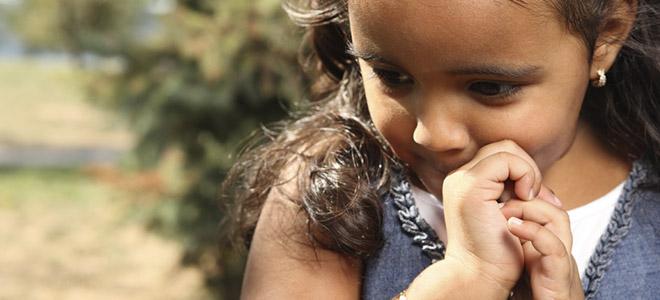Blog Categories
Search Blog
Blog Categories
Parenting Introverted Kids & Teens
Many parents find themselves faced with the problem of trying to figure out if their child is adequately coping with their social world. I find parents to be genuinely attuned to their child’s social experiences: her comfort in new environments, her willingness to join into groups, her sense of belonging with peers at school or in the community, the quality of her friendships, and her ability to negotiate difficult situations like teasing, rejection, and bullying. In fact, I would say that as parents, we can be so sensitive to these experiences – given our own histories with peers and friends – that we find it hard to gauge “if everything is okay.” Parents may sense that their child is “slow to warm up,” or “shy,” and this leads to worries about how this tendency towards inhibition may impact their child in his larger boisterous peer group. With some children, there may be a wish that the child had more friends, or better friends, a true “BFF”. Alternatively, parents may be trying to encourage their child to expand his social sights with new friendships.
The social world is complicated, for adults, teens and children alike.
A sense of belonging is a fundamental need.
While it is true that our early experiences of “belonging” shape who we are as adults, it gets complicated when trying to measure what good social skills and coping look like. And it becomes even more difficult to gauge when your child’s temperament and personality are vastly different from your own.
Lately, I’ve been drawn to books about parenting introverted children and teens because the issue comes up frequently in my practice. Introversion gets defined differently in different theories. Historically, its definition emphasized an individual’s tendency to be more inward focused, with greater attention on their own thoughts and feelings rather than on external stimulation. The term has become synonymous with solitary pursuits and a reserved nature, although this is not necessarily the case. Introversion also has to do with how a person recharges, how sensitive they are to changes in their environment, how much excitement they seek out, their interest in deepening relationships rather than accumulating friendships, as well as how they emote their feelings.
As you can imagine, it can be very difficult for extroverted parents to understand their introverted child, because the child may interact quite differently in the social world than they do. Unwittingly, they may equate a child’s interest in doing things on his own as being lonely . They may place pressure on a child to “be more social” when she is happy spending time with her one good friend.
The topic is ripe for discussion. There are lots of great books and articles if you are interested in learning more about parenting introverted children. I encourage you to check these out, particularly if you find yourself confused or anxious about your child’s social behaviour.
The Hidden Gifts of the Introverted Child: Helping Your Child Thrive in an Extroverted World – Marti Olsen Laney
Quiet Power – Susan Cain
A very recent quiz by the NY times is revealing, “How much do you know about introverted teenagers”
Try this article in the Atlantic, Caring for Your Introvert
As well as this great TED talk by Susan Cain, The Power of Introverts






